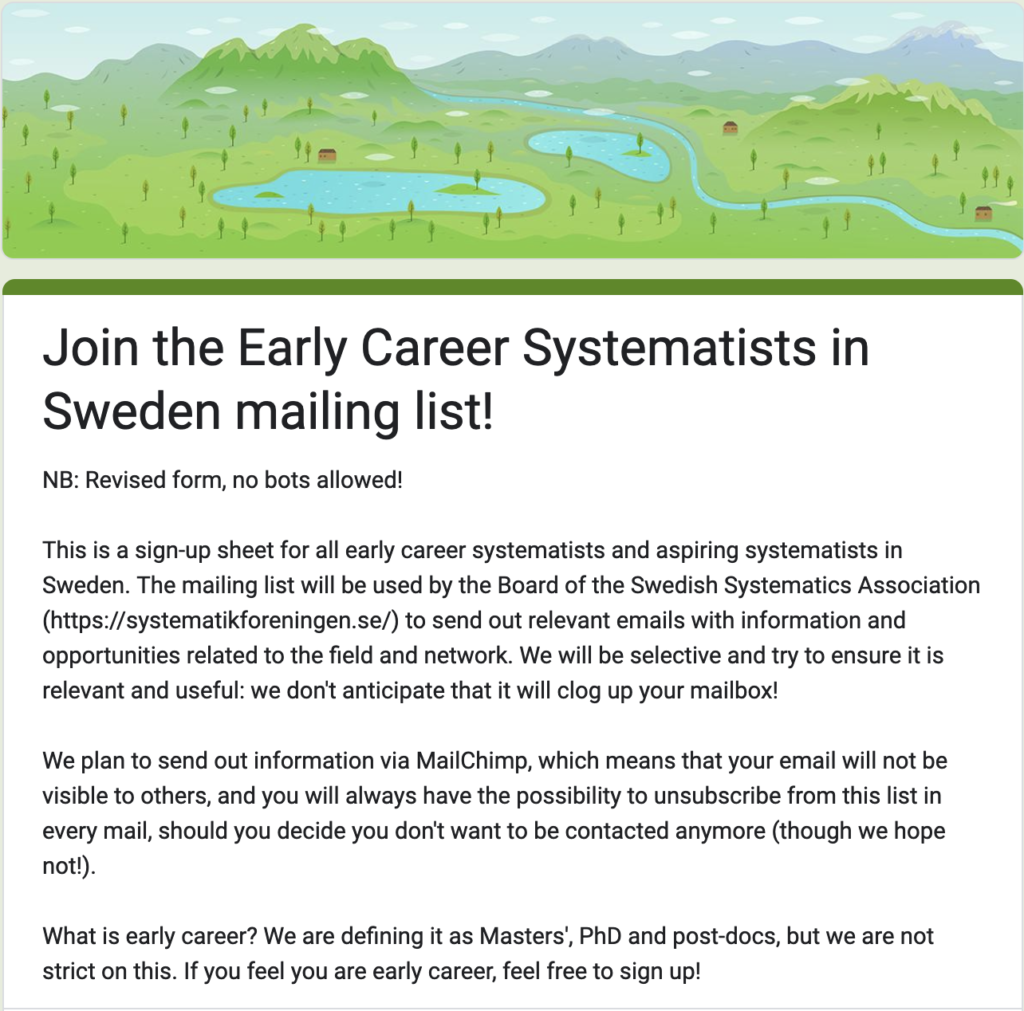Dear colleagues,
As Chair of the International Association of Botanical and Mycological Societies (IABMS) I am trying to help spread news about preparations for the upcoming International Botanical Congress in Madrid, Spain next year. I am sending this message to representatives of numerous botanical, mycological and phycological professional societies around the world. I am hoping that you will pass this news along to your members. Apologies to IABMS member organizations who already received this message.
Planning for the International Botanical Congress is progressing rapidly and the website includes a great deal of useful information. The IBC will be in Madrid in July 2024. The list of invited speakers is very exciting with a diverse group of individuals from around the world addressing a wide range of subjects of broad interest. The list of excursions is also very exciting with a variety of one day and multi-day excursions planned.
The organizers of the IBC are now inviting submissions of abstracts for oral and poster presentations! In addition, online registration is now open with an early registration discount.
See more details on the conference website: https://ibcmadrid2024.com/index.php
Abstracts
See the guidelines for abstract preparation here and the list of 233 accepted symposia here. Prepare your abstract according to the specifications and select 1-3 symposia that are the most appropriate for your presentation. The organizers intend to have abstract acceptance decisions completed before the early registration deadline.
The abstract deadline for oral presentations is November 30, 2023
The deadline for poster abstracts is February 1, 2024.
Registration
Register now to receive the early registration discount, which expires on 29 February 2024. Registration information is found here.
If you have not already done so, I encourage you to sign up for newsletters from the IBC organizers to stay up to date on IBC news. The link for this is on the IBC homepage.
With best wishes,
Patrick Herendeen, IABMS Chair
Links for guidelines and symposia and registration:
https://ibcmadrid2024.com/index.php?seccion=scientificArea&subSeccion=abstractGuidelines
https://ibcmadrid2024.com/index.php?seccion=scientificArea&subSeccion=symposiums
https://ibcmadrid2024.com/index.php?seccion=registrationArea&subSeccion=registrationInfo


